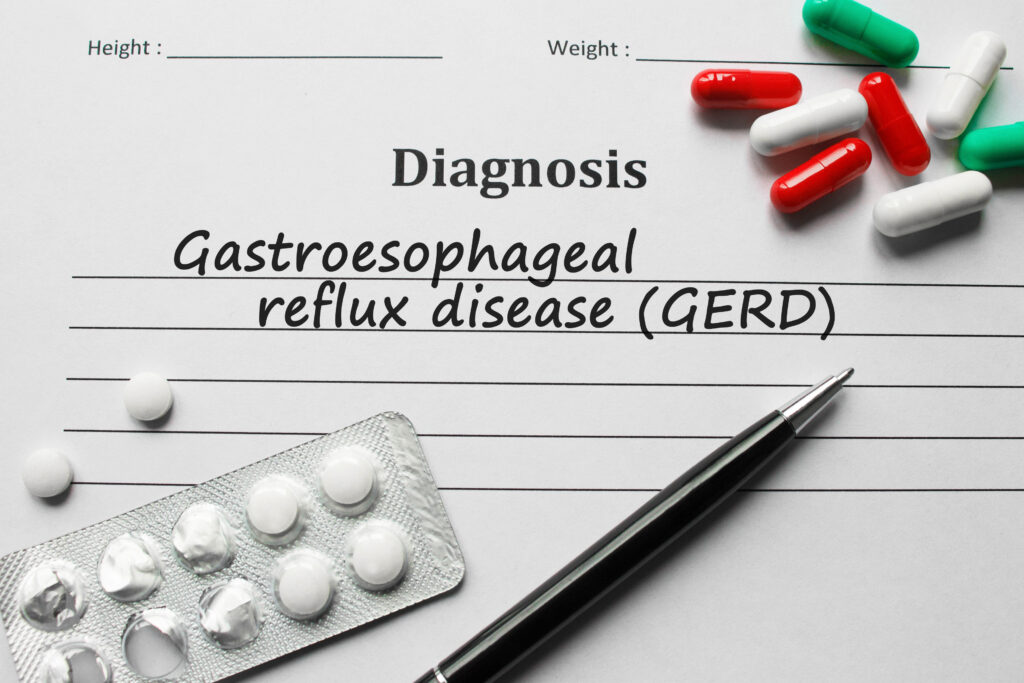
My Promise to You

We Prepare Each Case for Trial
We prep every case as if it will be going to trial. There is no better way to make sure you get the compensation that you deserve than to be ready to fight for you and exhaust all legal remedies. Some firms shy away from trial, we embrace it.

This is a Team Effort
We recognize that every legal matter is different. We’ll listen carefully to learn the details of your situation, as well as your goals. We’ll keep you involved and informed at all times, making certain you know where you stand, what your options are, and your likelihood of success.

We Will Be Straight With You
Whether it is about the value of your case, or how good or bad the evidence is, we will tell it to you straight. We want to help you make the best decisions about your case by giving you the information you need.

